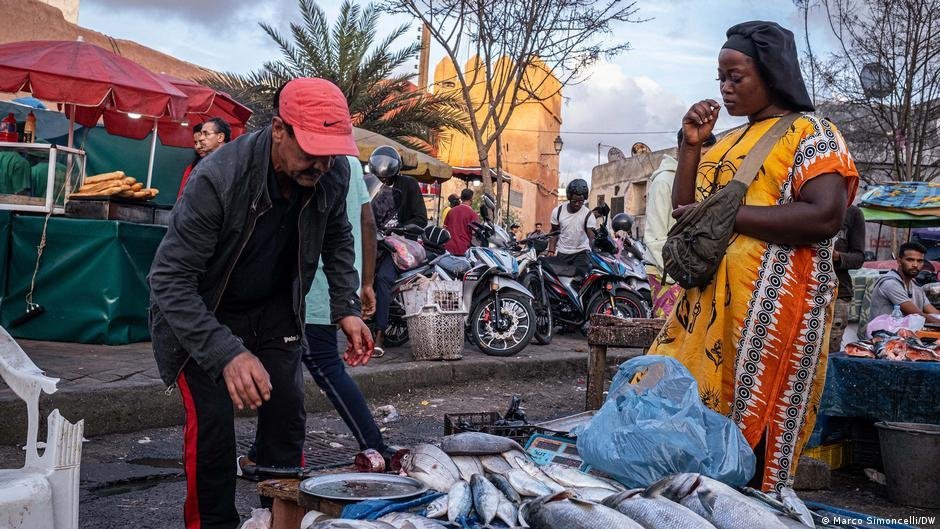Nearly 70% of African migrants relocate to neighboring countries, choosing this option rather than attempting the perilous journey to European shores, a recent study conducted by the African Union (AU) revealed.
In the past few years, Africa has witnessed changing patterns of migration, a phenomenon that has become both dynamic and extremely complex. The study points out that migration has been on the rise on the continent driven by multiple factors, including poor socio-economic conditions, political instability, conflict and civil strife, and for some communities, migration has even become a survival strategy.
According to the latest figures from the International Organization of Migration (IOM), 21 million Africans live in another African country, an increase from 2015 when 18 million Africans where estimated to be living outside of their country of origin and within Africa. According to IOM, the middle of internal displacement in sub-Saharan Africa are caused by conflict and violence.
The AU study also highlights the latest trends in migration on the African continent, including the feminization of migration, an increase in the number of youths on the move, and an upsurge in irregular migratory flows, which include human trafficking and migrant smuggling. To manage the migration in a coherent manner and to enable nations and regions to reap the benefits from migrant flows, the AU developed the Migration Policy Framework for Africa (2018 – 2030) that provides a strategic framework and comprehensive policy guidelines to AU members.
According to the study, the AU framework advocates for the integration of migrants into the labour market and the education and training sector, while highlighting the importance of regional cooperation and harmonization of labour migration policies.
